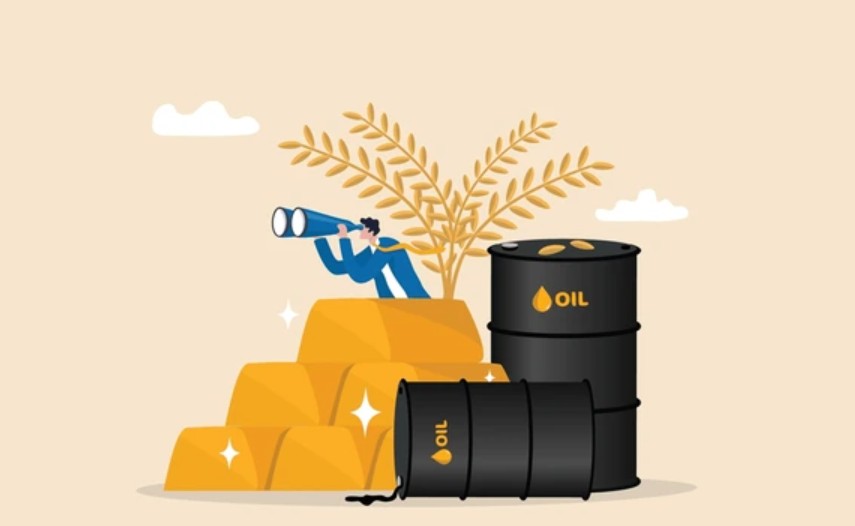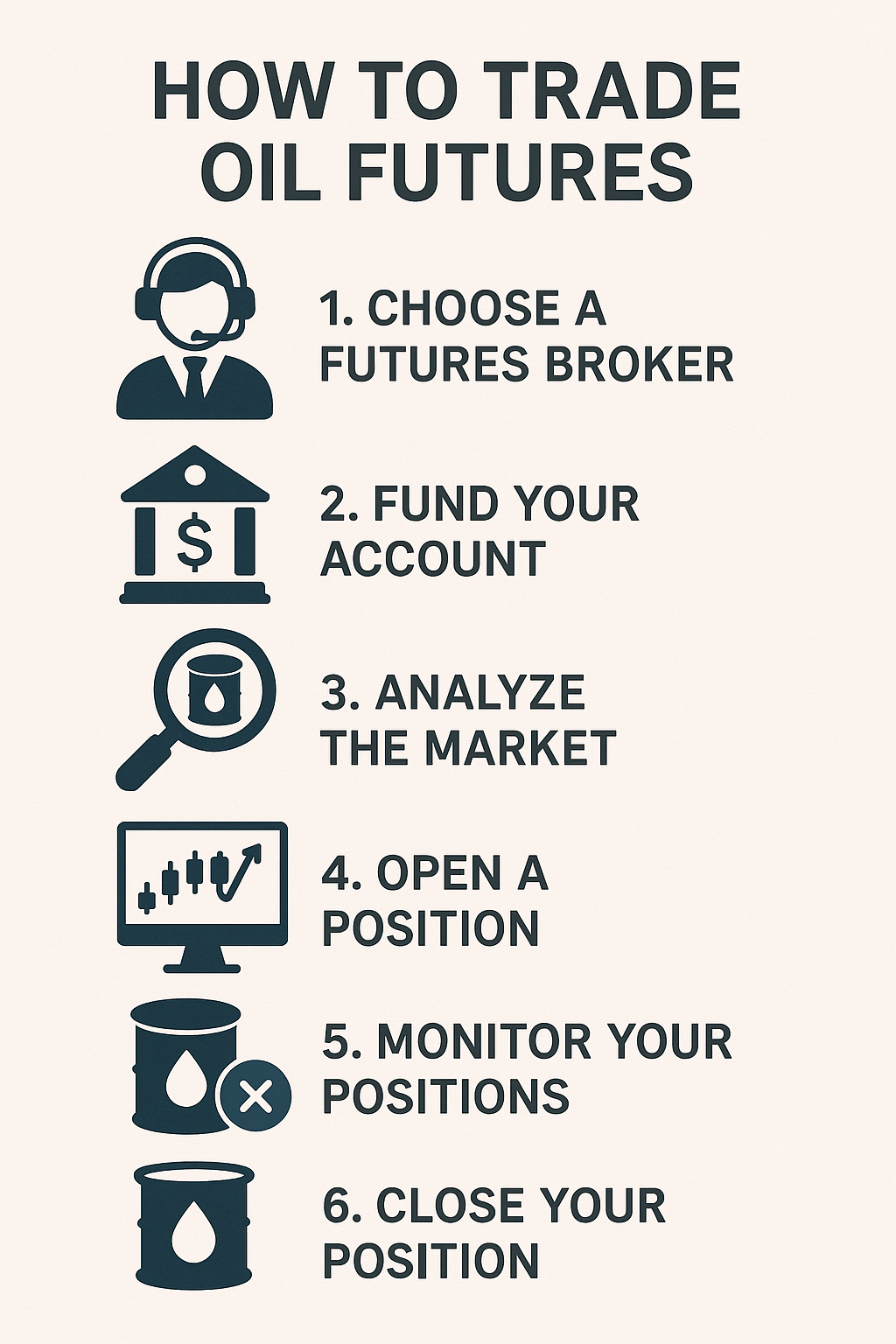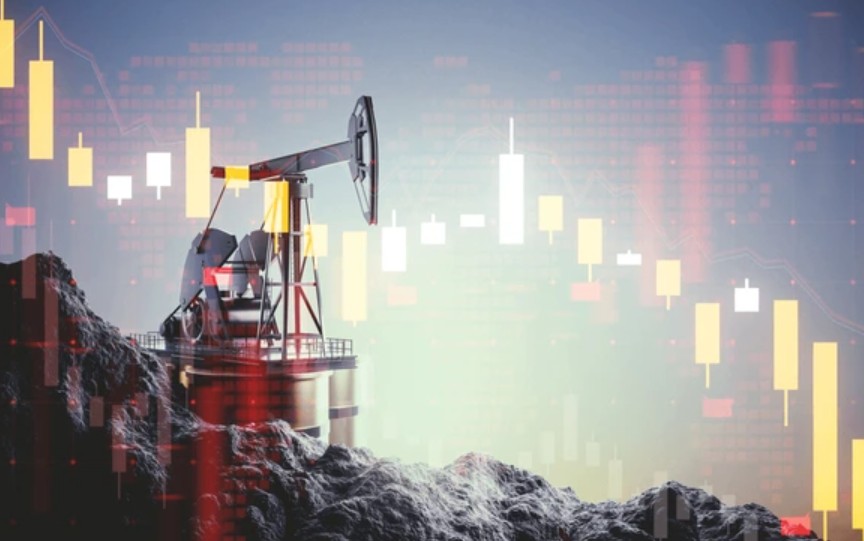Important Information
This website is managed by Ultima Markets’ international entities, and it’s important to emphasise that they are not subject to regulation by the FCA in the UK. Therefore, you must understand that you will not have the FCA’s protection when investing through this website – for example:
- You will not be guaranteed Negative Balance Protection
- You will not be protected by FCA’s leverage restrictions
- You will not have the right to settle disputes via the Financial Ombudsman Service (FOS)
- You will not be protected by Financial Services Compensation Scheme (FSCS)
- Any monies deposited will not be afforded the protection required under the FCA Client Assets Sourcebook. The level of protection for your funds will be determined by the regulations of the relevant local regulator.
Note: Ultima Markets is currently developing a dedicated website for UK clients and expects to onboard UK clients under FCA regulations in 2026.
If you would like to proceed and visit this website, you acknowledge and confirm the following:
- 1.The website is owned by Ultima Markets’ international entities and not by Ultima Markets UK Ltd, which is regulated by the FCA.
- 2.Ultima Markets Limited, or any of the Ultima Markets international entities, are neither based in the UK nor licensed by the FCA.
- 3.You are accessing the website at your own initiative and have not been solicited by Ultima Markets Limited in any way.
- 4.Investing through this website does not grant you the protections provided by the FCA.
- 5.Should you choose to invest through this website or with any of the international Ultima Markets entities, you will be subject to the rules and regulations of the relevant international regulatory authorities, not the FCA.
Ultima Markets wants to make it clear that we are duly licensed and authorised to offer the services and financial derivative products listed on our website. Individuals accessing this website and registering a trading account do so entirely of their own volition and without prior solicitation.
By confirming your decision to proceed with entering the website, you hereby affirm that this decision was solely initiated by you, and no solicitation has been made by any Ultima Markets entity.
I confirm my intention to proceed and enter this websiteTrading oil futures is one of the most exciting and lucrative opportunities in the financial markets. If you’re new to trading or looking to refine your skills, this guide will explain how to trade oil futures.
What Are Oil Futures?
Oil futures are standardized contracts traded on exchanges like the New York Mercantile Exchange (NYMEX) that obligate the buyer to purchase, or the seller to sell, a specific amount of crude oil at a predetermined price on a specified date in the future. These contracts are primarily used for speculation or hedging against price fluctuations.
Key Characteristics of Oil Futures:
- Standardized Contracts: Each contract specifies a fixed quantity (typically 1,000 barrels of oil).
- Leverage: Traders can control large positions with relatively little capital by using margin.
- Traded on Regulated Exchanges: Major exchanges facilitate these transactions.

Why Trade Oil Futures?
There are several reasons why oil futures are so popular among traders, including:
Benefits of Trading Oil Futures:
- Hedging: Oil futures allow producers and consumers of oil to lock in prices, mitigating risk against price volatility.
- Speculation: Investors can profit from price movements without owning physical oil.
- Leverage: Futures contracts allow traders to control a large amount of oil with a relatively small initial investment.
- Liquidity: The oil futures market is highly liquid, meaning you can easily enter and exit trades.
How to Trade Oil Futures
To begin trading oil futures, follow these key steps:
- Choose a Futures Broker: Select a reputable broker offering access to oil futures markets. Look for one that offers low fees and robust trading tools.
- Fund Your Account: Deposit the required margin to open positions. Ensure that you have enough capital to maintain your margin requirements.
- Analyze the Market: Use fundamental and technical analysis to assess market conditions and forecast potential price movements.
- Open a Position: Buy or sell an oil futures contract based on your market analysis and trading strategy.
- Monitor Your Positions: Keep track of oil prices and adjust your positions as necessary to manage risk.
- Close Your Position: Close your position before the contract expires or roll it over to a new contract.
Risk Management:
- Stop-Loss and Take-Profit Orders: These orders can help you limit losses and lock in profits, ensuring you manage your risk effectively.
- Use Leverage Cautiously: While leverage can increase potential profits, it also increases risk. Always trade with caution.

How Does Oil Futures Trading Work?
In oil futures trading, investors buy or sell contracts based on their expectations of where the price of oil will be at a future date.
Key Concepts:
- Contract Expiration: Each oil futures contract has an expiration date, after which it must be settled. Most contracts are cash-settled, meaning no physical oil is delivered.
- Margin Requirements: Traders must deposit an initial margin to open a position, which is a fraction of the total contract value. This allows for leverage but also increases risk.
- Price Determination: The price of oil futures is influenced by several factors, including supply and demand dynamics, geopolitical events, and market sentiment.
Why Is Oil an Important Resource for Trading?
Oil is one of the most important global commodities due to its widespread use and influence on the global economy. It plays a pivotal role in the energy sector, transportation, and industrial production, making it a key focus for investors.
Key Reasons Oil is Crucial:
- Global Demand: Oil is used across multiple sectors, from energy to manufacturing.
- Economic Indicator: Oil prices are closely linked to global economic performance. Higher prices often signal robust economic growth, while falling prices may indicate a slowdown.
- Geopolitical Influence: Political instability in oil-producing countries can have a significant impact on oil prices.

What Moves the Price of Oil?
The price of oil is influenced by multiple factors, both macroeconomic and geopolitical.
- Supply and Demand: Changes in supply (e.g., OPEC decisions) or shifts in global demand (e.g., economic growth) can dramatically impact prices.
- Geopolitical Events: Conflicts, sanctions, and other geopolitical risks can cause significant volatility in oil prices.
- OPEC and Non-OPEC Production: Decisions made by the Organization of the Petroleum Exporting Countries (OPEC) and major non-OPEC producers influence global oil supply and prices.
- US Dollar Strength: Oil is priced in US dollars, so fluctuations in the value of the dollar can also affect oil prices.
- Market Sentiment: Speculation and investor sentiment, driven by news and economic reports, can lead to short-term price movements.
Conclusion
Trading oil futures can be a profitable venture for those looking to capitalize on price fluctuations in the energy sector. By understanding the fundamentals of how to trade oil futures and the factors that drive oil prices, traders can make informed decisions and navigate the complexities of the market.
At Ultima Markets, we provide a trusted platform to help you execute your oil futures trades with confidence. With access to a wide range of trading tools, market insights, and educational resources, you can enhance your trading skills and make well-informed decisions.
Disclaimer: This content is provided for informational purposes only and does not constitute, and should not be construed as, financial, investment, or other professional advice. No statement or opinion contained here in should be considered a recommendation by Ultima Markets or the author regarding any specific investment product, strategy, or transaction. Readers are advised not to rely solely on this material when making investment decisions and should seek independent advice where appropriate.












